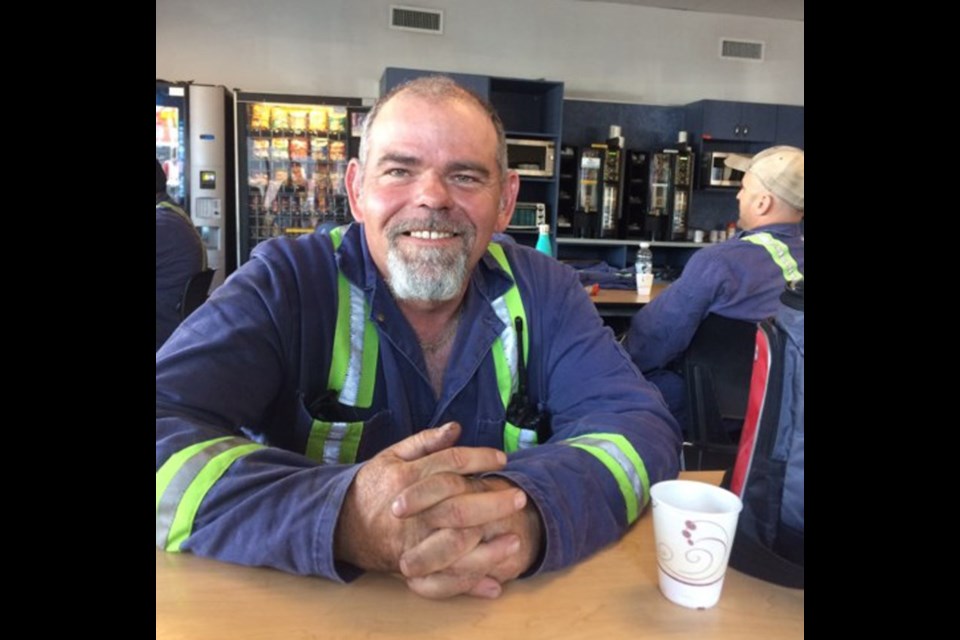North Vancouver’s Neptune Terminals is facing a $250,000 fine after pleading guilty in the death of a worker.
Donald Jantz, 53, was cleaning the coal terminal’s stacker reclaimer on Oct. 22, 2018 when a metal grate gave way below his feet and he fell 17 metres to his death.
During the investigation, it came to light that Neptune had been warned by engineers several times that the grate’s clips were prone to becoming loose after jostling and needed to be replaced with something safer, the North Vancouver provincial court heard at the March 26 sentencing hearing.
Initially, the company was charged with 10 counts under the Canada Labour Code, but the Crown and Neptune agreed to a deal that saw the company plead guilty to one charge of failing to ensure employee health and safety is protected. They also agreed a $250,000 fine would be appropriate, although at the “high end” of fines issued to an employer following the death of a worker in Canada.
Tearful family members described Jantz as a warm, loving man who treasured his motorcycle and put his family above all else.
His son Jonathan told the court his father’s death has had an “all-encompassing” effect on his life.
“I feel robbed by the fact he is no longer able to participate in our lives, to have conversations, dinners, birthdays, holidays or other life milestones with us. I can't ask him any more questions, hear stories, or hear his advice on a problem. I will never see my dad again,” he said. “I've cried every day since that day.”
Jonathan, a fellow longshoreman, said he’s been traumatized by the nature of his father’s death, with nightmares, panic attacks and new phobias that have left him unable to work on heavy equipment like the stacker reclaimer Jantz died on.
His niece, Caprice Pybus, stressed the unfairness of Jantz paying the “ultimate price” for Neptune’s lack of maintenance.
“The fact that this was preventable really, really hurts,” she said. “It’s so senseless to have lost our uncle in this way. He was a good man. He was a hard worker. And it's so difficult to think of his final moments. He did not deserve to die like that.”
Since the workplace death, the company has added “multiple layers of protection” and new safety reporting procedures.
Neptune’s acting president Duana Kipling spoke to the court and apologized directly to Jantz’s family members.
“I want to convey our sincere sorrow and our apologies. Don did nothing to contribute to the accident. He was a safe and conscientious worker, a respected coworker, and a well-liked friend to so many at Neptune,” she said. “Neptune is a close-knit community of people and Don’s death has deeply affected many of us because of the friendships he developed, the smile brought to work every day and the people that he touched. I hope today's court hearing is a step toward closure. And I commit that Neptune is moving forward in a way to ensure that a tragedy never occurs like this at our workplace again.”
Judge Joanne Challenger said she would deliver her sentence at a later date so she would have time to properly consider all the facts from the joint submission from the Crown and defence as well as the statements from Jantz’s family, but she warned she has little leeway under the law to deviate from the $250,000 already agreed to.
“There is no question that no amount of money will make up for the loss of Mr. Jantz – obviously a beloved father, cousin, uncle, brother, friend and co-worker,” she said.
Outside the court, International Longshore and Warehouse Union Canada members held a rally and displayed a banner declaring Kill a Worker, Go to Jail.
Robert Ashton, president of ILWU Canada, said the proposed fine does not go nearly far enough.
“I don't know why the prosecutor cut a deal but this is a sad state for our court systems. Nobody cares if a worker dies at work. Nobody cares. When you go to work, you expect to be safe," he said. "Somebody should be going to jail.”
As to whether the fine would send a message to other employers, Ashton expressed little optimism.
“I hope it does, but I'm not going to hold my breath. Workers die on the job quite regularly, unfortunately. And I don't think employers ever learn their lesson because if it costs them more than a buck, they don't want to spend it to make it safe for the worker,” he said.


